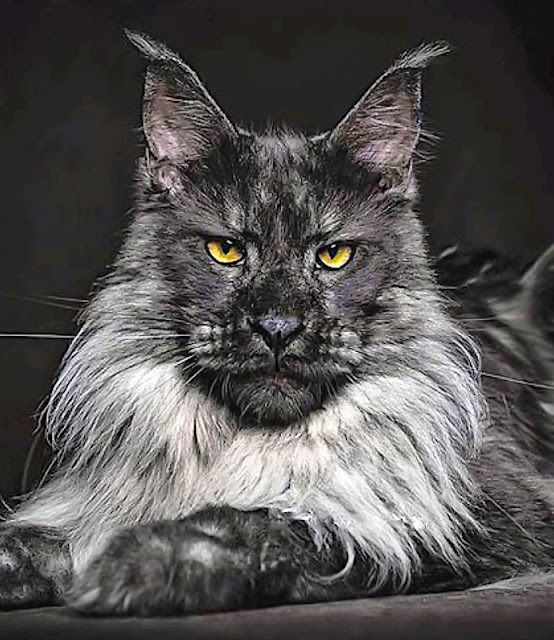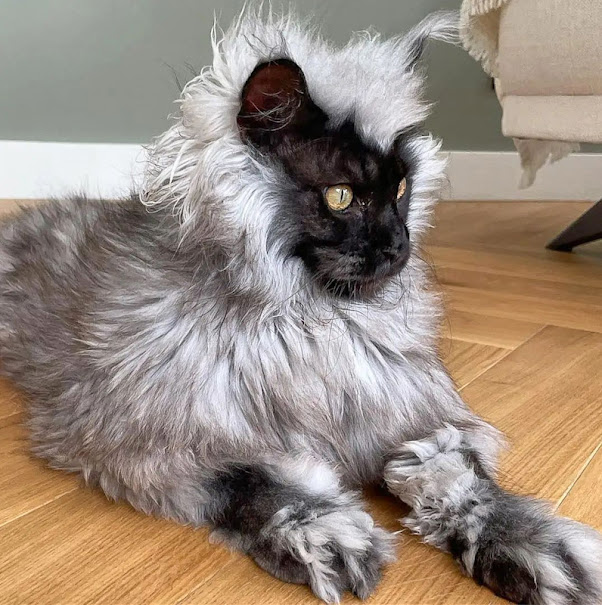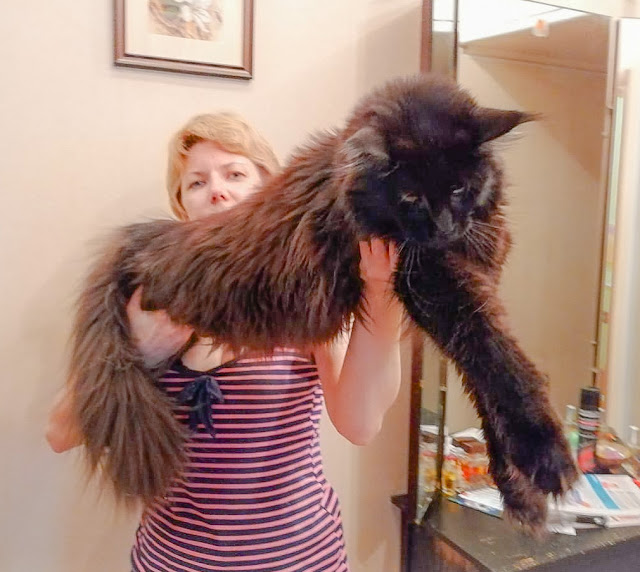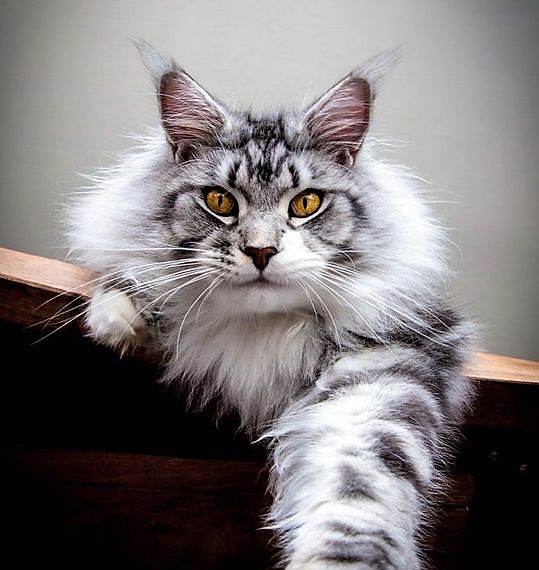Round up of the genetic mutations causing HCM in Maine Coons
I have decided to do what I would call a 'round up' of the mutated genes behind the disastrous inherited heart disease of hypertrophic cardiomyopathy (HCM) in this very popular domestic cat breed which is in top three most popular breeds on some polls.
%20(1).png) |
| Mutated genes cause HCM in Maine Coons, but the problem is fixable by removing studs and queens with the mutation from breeding lines. Why isn't this happening? Image: MikeB |
By 'round up' I mean pulling together the strands of information that I have discovered about the causes of this disease from research conducted over many years. I have endeavoured to use plain English at all times as this is a very technical topic.
A round up is needed because different research projects have come to apparently different findings, but they are overlapping as in all cases the genetic mutation responsible has a negative impact on the creation of heart muscle such that HCM is programmed to occur at some stage in the affected cat's life and this disease can affect young Maine Coons and old.
HCM
Hypertrophic cardiomyopathy (HCM) is a disease in which the heart muscle becomes thickened (hypertrophied). This impairs the functioning of the heart to the point where it causes death.
On my research there are two recorded mutated genes involved.
Troponin-T (TNNT2)
"The gene is involved in regulating calcium in the heart which regulates pumping action of the heart. If you know this, you can treat this cat and other carriers of this gene differently when addressing heart disease. You can consider calcium blockers, channel blockers or other types of drugs. This type of diagnosis can be essential in heart treatment." - Sakthivel Sadayappan, Ph.D., professor in the UC College of Medicine.










Comments
Post a Comment
Please share your Maine Coon experiences.